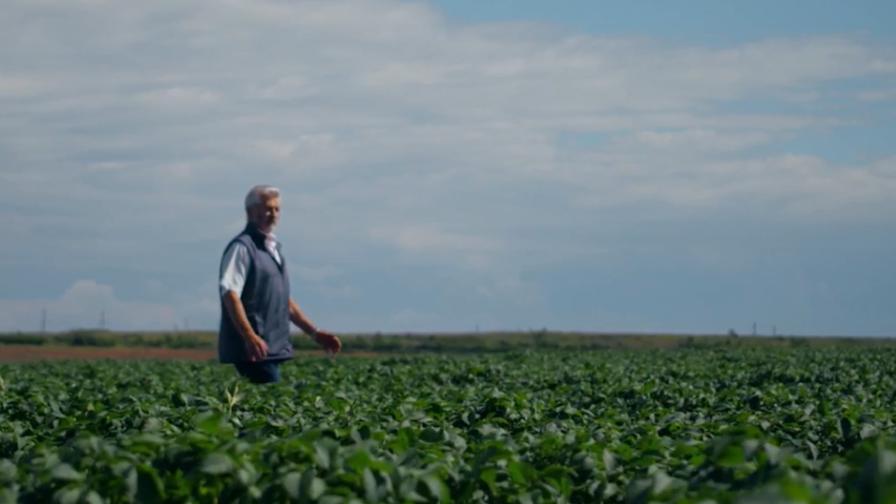Monsanto Announces New Canada Breeding Facility
Monsanto Co. has announced it will spend US $15 million over the next two years on infrastructure projects in Manitoba and Saskatchewan, Canada reports CBCNEWS. Monsanto plans to construct a new, state-of-the-art breeding center, located adjacent to its corporate Canadian head office in the SmartPark Research and Technology Park on the University of Manitoba campus in Winnipeg. This center will serve as the home to the majority of the breeding effort for Monsanto’s canola business, with many of the canola hybrids developed by the breeding group tested and advanced at this facility.
Approximately 40 staff involved in line development breeding, breeding support functions and the canola breeding management team will work at the new site, which will also include laboratory facilities for all canola quality analytics, double haploid breeding (tissue culture) and plant pathology. Plant cultivation facilities such as growth rooms, soil preparation areas and warehouse space are also incorporated into the facility design and will accommodate activities related to canola plant breeding such as crosses, plant cultivation, drying and threshing.
The total cost for construction of the breeding facility is expected to be about $10 million and include an additional $2 million in capital costs. Construction will begin immediately with an anticipated completion date of June 2010. Monsanto expects the new facility to be fully occupied by December 2010.
The company also intends to upgrade and expand its Crop Technology Research Centre (CTRC) in Saskatoon, with a total investment of $3 million. All canola trait development and field testing will be managed out of the CTRC.
“Canola is a key strategic commercial imperative for Monsanto’s Canadian business and a significant crop for Western Canadian farmers,” said spokesperson Ryan Baldwin, adding: “The investment at SmartPark will allow us to increase synergies between the breeding, product development, supply and commercial aspects of our business to ensure we deliver on the pipeline of new, beneficial crop technologies for our farm customers.”






